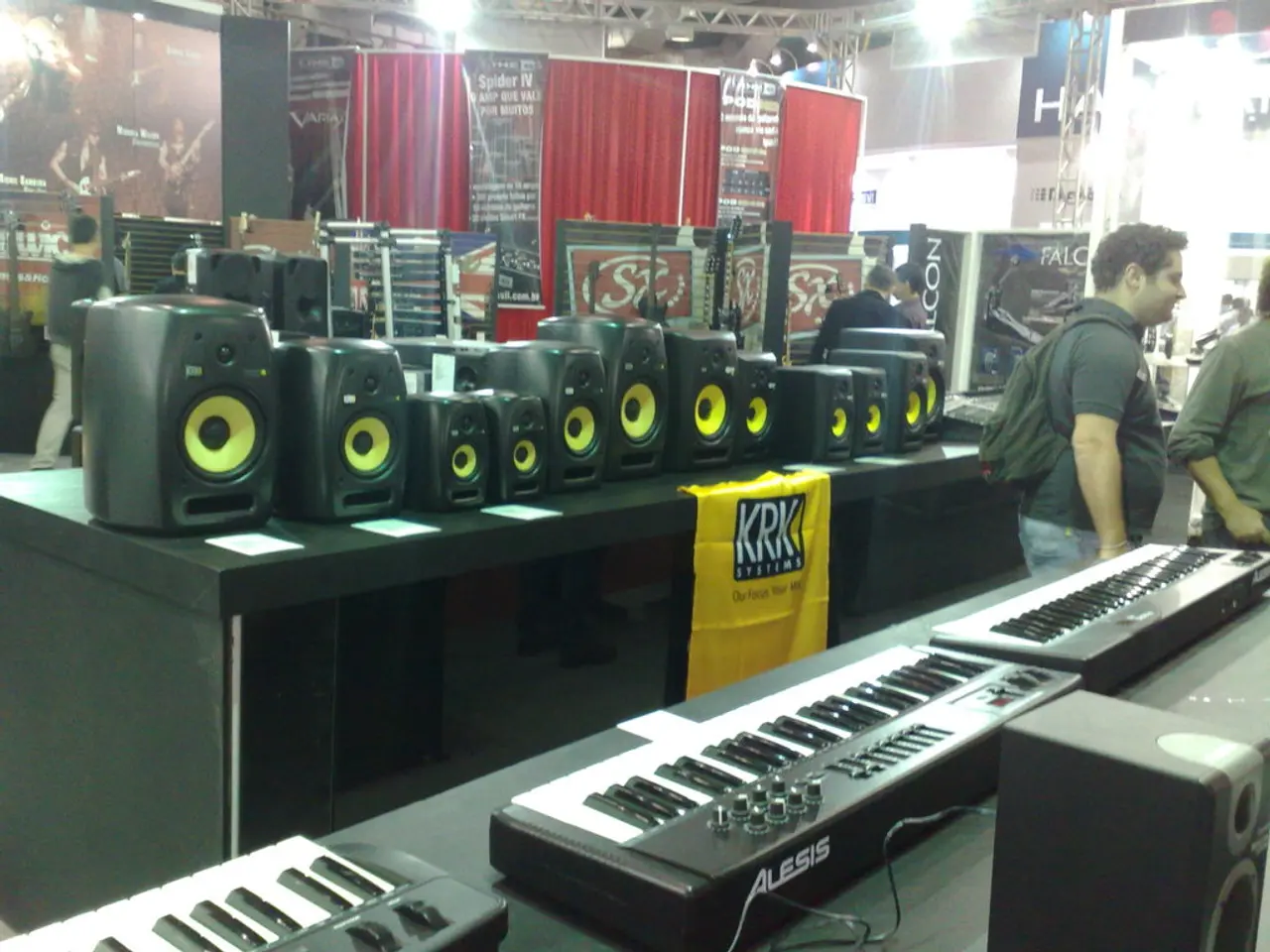Casino Resort Charges for Additional Fees Should Be Disclosed Prior to Hotel Booking
In a significant move, the Federal Trade Commission (FTC) has announced its final "Junk Fees Rule" to address deceptive pricing practices in the short-term lodging and live-event ticketing industries. The rule, aimed at eliminating hidden fees, is expected to save Americans billions of dollars and millions of hours in wasted time.
Resort fees, also known as destination, facility, and amenity fees, have long been a source of frustration for budget-conscious travellers. These fees, which are not typically included in the advertised nightly rate for a hotel room, can significantly alter the true cost of a stay, with devastating consequences for those trying to stick to a budget.
In the bustling city of Las Vegas, resort fees range as high as $55 per night at properties like Bellagio and Mandalay Bay. However, a budget stay at Luxor, a lower-class hotel in the MGM portfolio, still charges a nightly $45 resort fee. Upon arrival, the guest will be told by Luxor's front desk that a $90 resort fee is due, bringing the total stay to $146.68, or $72.34 a night - a far cry from the initially advertised $25.
Critics claim that hotels and other lodging establishments have used junk fees to engage in deceptive consumer pricing practices over the years. The FTC's rule, which requires hotels and casino resorts to include all add-on charges, exclusive of taxes, in their initially advertised rate, is a step towards addressing this issue.
The FTC's rule also requires such costs to be included upfront within 120 days. This means that the hotel chain with the highest current resort fee in Las Vegas, or any other city, will have to make this information clear to potential guests before they book their stay.
The FTC reviewed over 70,000 comments during two years of public input on whether such a change could help eliminate unfair and deceptive pricing tactics. The US government passed a bipartisan rule banning "bait-and-switch" pricing in the casino resort industry, with President Joe Biden's administration making it a goal to rid the hotel and ticketing industries of junk and resort fees, which he completed in his last full month in office.
FTC Chair Lina Khan stated that people deserve to know up-front what they're being asked to pay without worrying about mysterious fees. She urged enforcers to continue cracking down on these unlawful fees and encouraged state and federal policymakers to pass legislation that bans unfair and deceptive junk fees across the economy.
Resort fees first appeared in the 1970s to cover amenities like fitness centers, a daily newspaper, local calling, and boarding pass printing. However, over time, they have evolved into a tool for deceptive pricing practices. With the implementation of the FTC's Junk Fees Rule, consumers can now make informed decisions about their travel and event plans, ensuring a fair and transparent marketplace.
While the rule applies primarily to hotels and casinos, it sets a precedent for addressing junk fees across various industries. As more consumers demand transparency, businesses will likely follow suit, ensuring a more honest and open market for all.
Read also:
- Peptide YY (PYY): Exploring its Role in Appetite Suppression, Intestinal Health, and Cognitive Links
- Toddler Health: Rotavirus Signs, Origins, and Potential Complications
- Digestive issues and heart discomfort: Root causes and associated health conditions
- House Infernos: Deadly Hazards Surpassing the Flames







